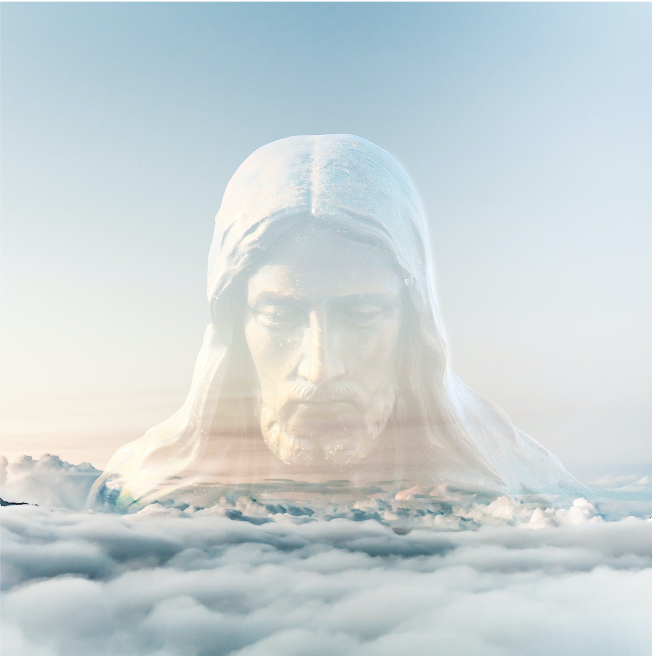Wisdoms from heaven
Lessons
- 1. Everything around you is born out of the Divine All-Source of Love (Click on the Lesson and then on the pictures)
- 2. There is no death, there is only evolution
- 3. The Divine Cycle for the human being
- 4. The Cosmic Laws of Father- and Motherhood guide the evolution of Human and Universe
- 5. The Divine Fatherhood and Motherhood in the ancient Vedas
- 6. The Motherhood of humanity is Cosmic Holy
- 7. The deeply moving "miracle" of pregnancy
- 8. Why does a child look like the father or the mother?
- 9. Through reincarnation in new lives the soul can develop
- 10.The Cosmic Laws of Reincarnation, Karma and of Cause and Effect
- 1-10 Video-Lessons 1-10
- 11. With whom, where and how do we reincarnate
- 12. Talent, character, emotional life, phobias and fears
- 13.Homosexual. Lesbian. Transgender. Hermaphrodite
- 14. Water is conscious life and can communicate with humans
- 15. The Creation of the Universe and the miracle of the expanding Universe
- 16. The Creation and the Evolution of man
- 17. Primordial humans once lived on Mars
- 18. Birth and evolution of animal and nature
- 19. Animal and nature in the Spheres of Light
- 20. Twin Souls in Cosmic perspective
- 21. Near Death Experience (NDE)
- 22. The disembody of Jozef Rulof
- 23. LOVE is the Divine Essence of Everything (Jozef Rulof)
- 24. From the All-Source of LOVE creation was born
- 25. Quotes from Jozef Rulof: LOVE is the Essence of everything
- 26. The Spirit Worlds After Death
- 27. The first three Spheres of Light still have earthly influences
- 28. The Meadow and the Fourth and the Fifth Sphere of Light
- 29. The Sixth and Seventh Sphere of Light
- 30. The Land of Twilight is the transition between dark and light spheres
- 31. The seven dark spheres
- 32. Spirits on Earth
- 33. Contact with spirits and ghosts
- 34. Our Soul goes through seven Cosmic Degrees to realize Divine Consciousness
- 35. In the higher Cosmic Degrees, the human soul is Divine power that conscious carries everything
- 36. The miraculous "concept of God" unveiled
- 37. Man is God, is All Source, All Soul, All-Spirit, All-Mother, All-Father, Life, Light
- 38. The earthly man is Body, Spirit, Soul, Feeling and Life
- 39. What is thinking and what is the function of the brain?
- 40. What happens when you sleep?
- 50. The books of Jozef Rulof

22.3 The message of Christ: “Love your neighbor as you love yourself.”
As early as ancient China and later ancient Egypt, the masters of the University of Christ brought parts of this Kosmology to Earth. They passed the knowledge on to priests. This knowledge was attuned to the thinking and consciousness of that time and was very limited compared to what we receive now. Later in history we see influences of this metaphysical knowledge in the teachings of Socrates, Plato, Buddha and Ramakrishna.
More than 2000 years ago, Christ himself came to Earth. As a human soul he had reached the All-consciousness. The core of his message was clear: “Love your neighbor as yourself.” Christ knew that everything in essence originated from the Love power of the All-Source and that every soul had the potential to ever reach the All-Consciousness, the highest degree of Love, just like he did. We the people here on Earth must now learn to give Love to everything that lives. Then our feeling develops a higher level of Love and we attune ourselves to the Heavenly Spheres of Light.
-And then we will soon get to see that our love speaks, madam, for which Christ came to the earth. And then it is: love each other, love another as you love yourself. And now it goes to cordiality, to benevolence, understanding. But not the wrong and false think- ing about each other.
Question and Answer 4 p.277 (Q4.11152.11154)
-Why did Christ come to the Earth now? Anyone who wants to experi- ence and to represent the first sphere now stands before Golgotha! Now the human being has love to give, or he cannot enter the first sphere.
The Cosmology 5 p.209 (C5.6515.6517)
-Christ could not give the apostles any cosmology now, but He had al- ready proved to them that He healed the human being, the sick human being only by thinking; but spiritually, spiritually inwardly, the Christ could not do that either. He said: “The blind will heal the blind.” In other words: get out of my way because you cannot be reached.
Lectures Part 2 p.39
Quotations from the books of Jozef Rulof